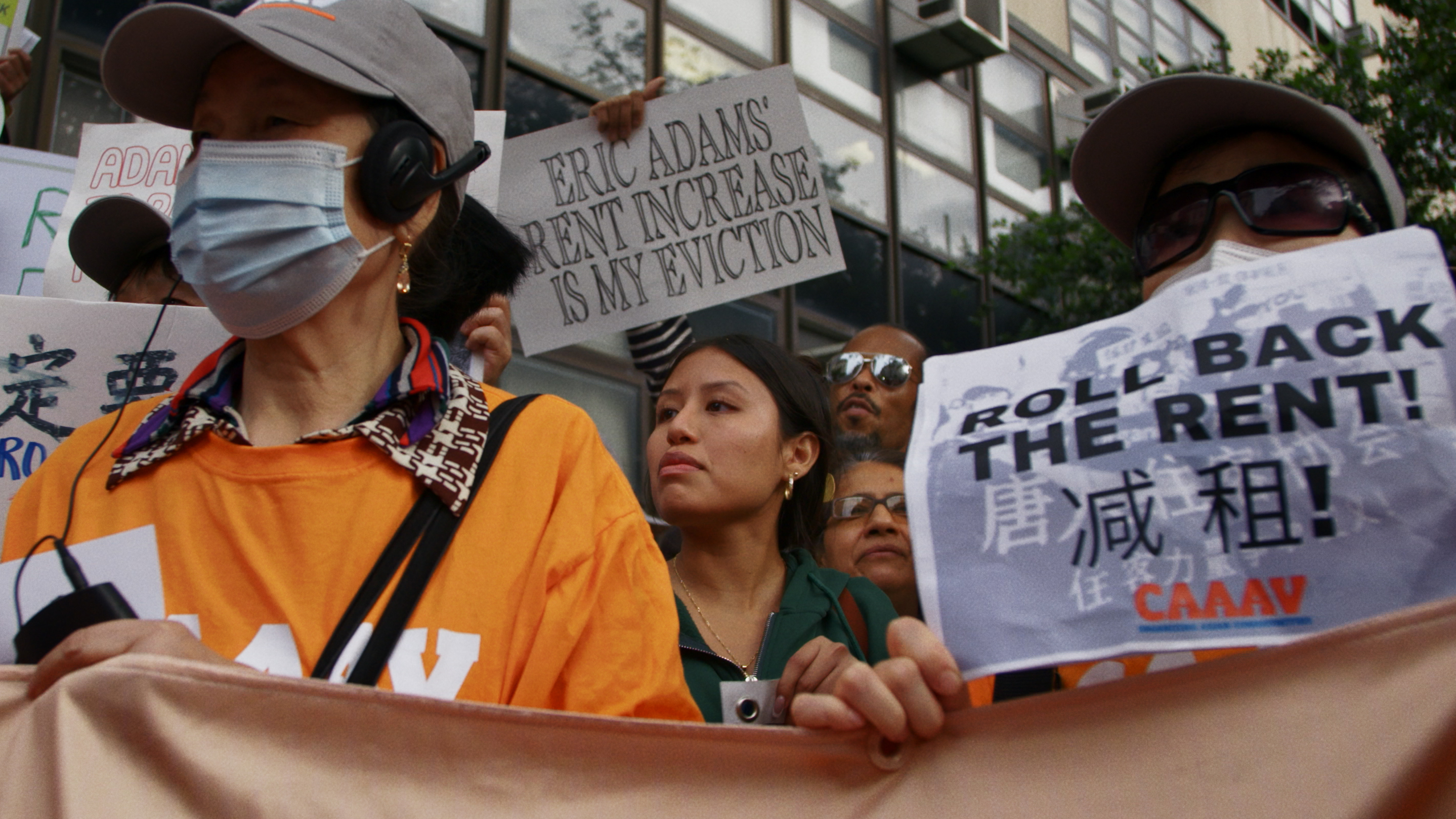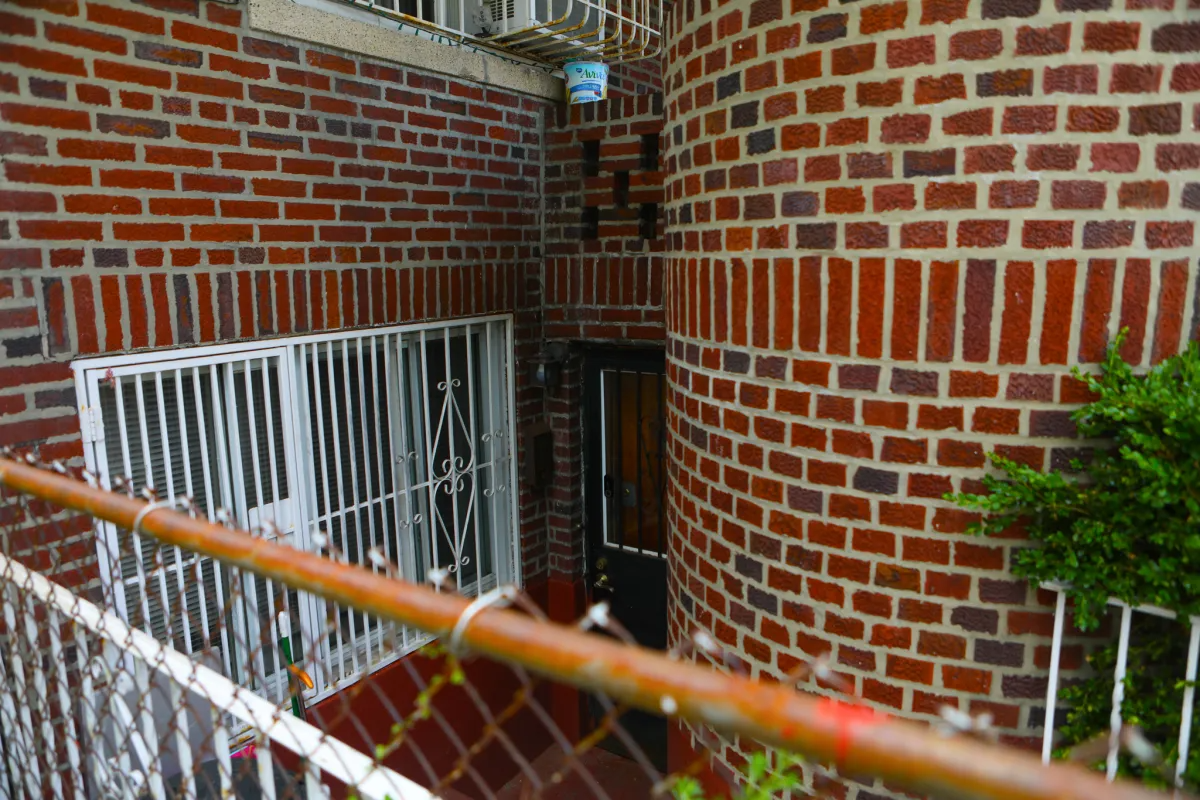You Break, You Pay (the Lease, the Rent)
Renters used to feel free to break their leases, at least in desirable areas where a vacancy meant a landlord could charge more next time around. In case there was any doubt in your mind, City Limits clears it up: “A landlord is not required to find a new tenant, and can sue for the…

 Renters used to feel free to break their leases, at least in desirable areas where a vacancy meant a landlord could charge more next time around. In case there was any doubt in your mind, City Limits clears it up: “A landlord is not required to find a new tenant, and can sue for the rent due for the remainder of the lease,” they write. A State Appeals court case set the standard: a Queens resident stepped out early, and the landlord sued him for the rest of the rent — and won. The piece ends with advice to renters: give your landlord lots of notice, and tell him you know someone nice to move in.
Renters used to feel free to break their leases, at least in desirable areas where a vacancy meant a landlord could charge more next time around. In case there was any doubt in your mind, City Limits clears it up: “A landlord is not required to find a new tenant, and can sue for the rent due for the remainder of the lease,” they write. A State Appeals court case set the standard: a Queens resident stepped out early, and the landlord sued him for the rest of the rent — and won. The piece ends with advice to renters: give your landlord lots of notice, and tell him you know someone nice to move in.





Collection agencies are more than happy to take such defaults for percentage, and they are very fast and effective.
I’d agree that it used to be no problem to break your lease early, and with very short notice, as most landlords welcomed the opportunity to get a new tenant in there with a higher rent. But they always had the right to go after you–it happened to someone I know and she was pretty shocked that he was pursuing her for the money.
How ’bout a Part Duece for the sales contract?
Two words, Midnight Move.
It may not be worth it for just one or two months rent but anything over that is probably worth pursuing. Despite hearing horror stories, I have only had one deadbeat tenant. After all was said and done I was able to get a judgement against the tenant for a substantial amount. The tenant didn’t pay it until about four years later when he was trying to obtain a mortgage to buy a house and it appeared on his credit in the civil record.
Credit worthiness will be even more important now.
Don’t forget that the landlord still has to decide whether it’s worth the time and legal expense of pursuing the tenant.